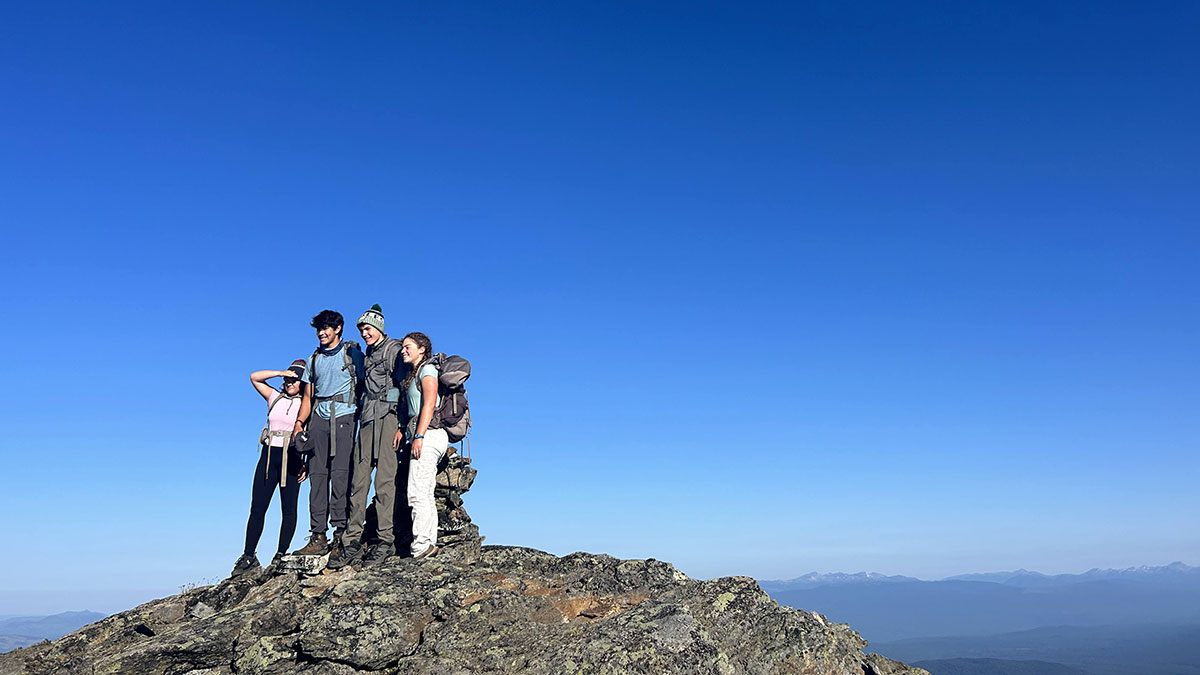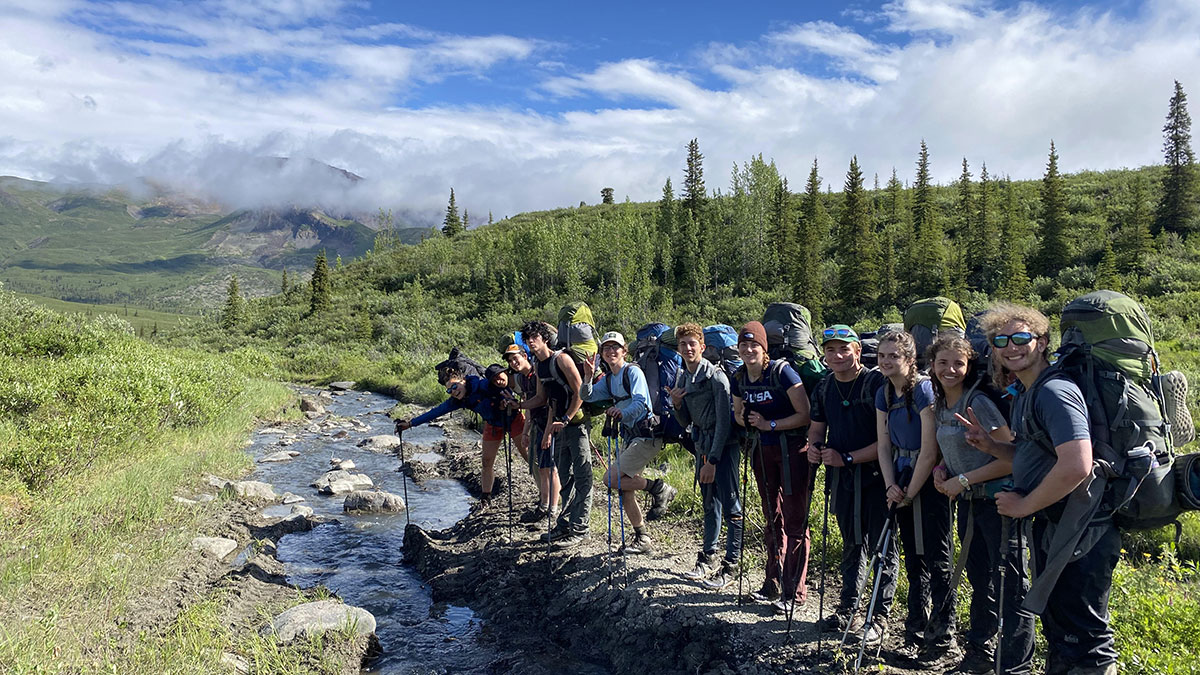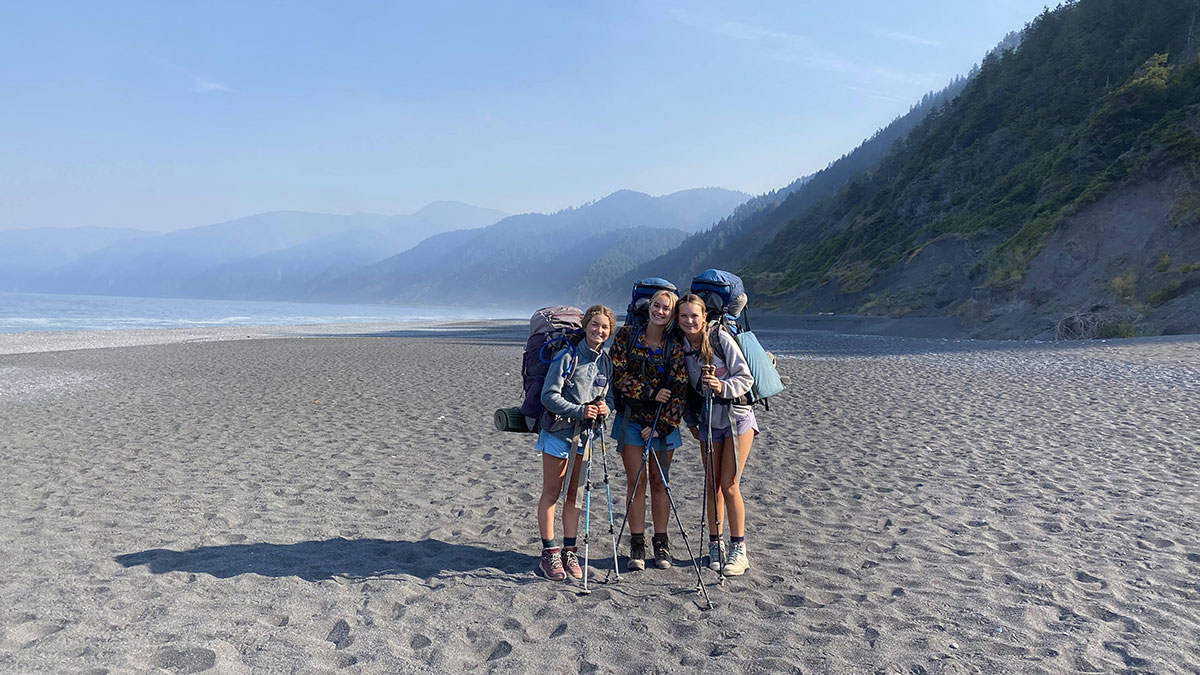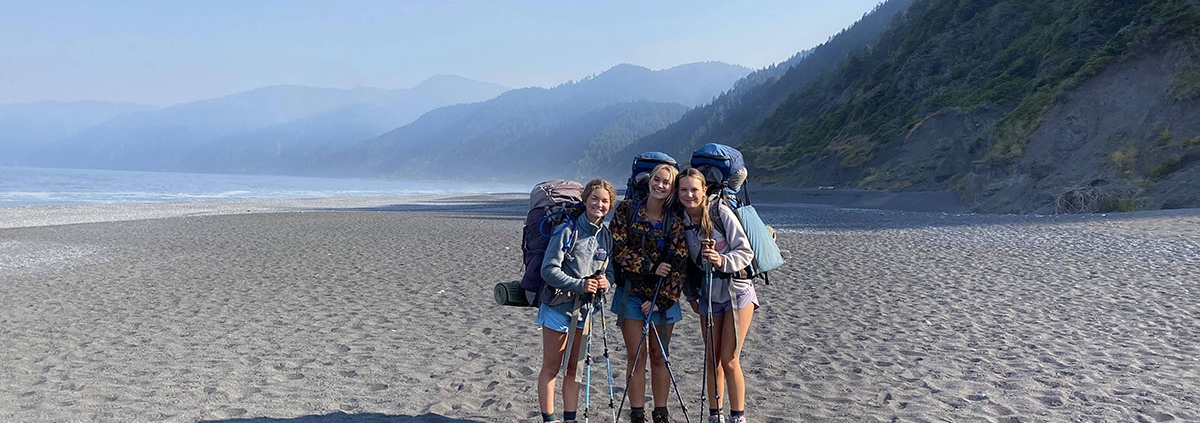Allowing Teenagers to Reclaim Independence

Recently, our office team was discussing the varying levels of independence we were given as teenagers. During my youth, I was often dropped off in a nearby national forest with a friend and a mountain bike. Long before the days of cell phones and GPS trackers, my parents told us what time and where they’d pick us up, and then my friend and I were given the entire day to roam the trails on two wheels. We had to fend for ourselves: We used a paper map to plan our routes, carried our own food and water, and sometimes learned the hard way about what extra clothing we should bring. It gave me a great sense of responsibility, knowing I had to make decisions that would keep us both safe. It also gave me the perfect amount of freedom, and I quickly grew to know the national forest like the back of my hand.
I recognize that in today’s world, my parents might be reported to child protective services.
The Washington Post recently published an article that explored the link between mental health and independence. Rather than pinpoint one specific cause of declining teenage mental health, it takes on a more holistic view and talks about screen time, more hands-on parenting, changing priorities, and, perhaps most important, the dearth of free play in today’s youth. Put more eloquently, “The landscape of childhood has transformed in ways that are profoundly affecting the way children develop—by limiting their ability to play independently, to roam beyond the supervision of adults, to learn from peers, and to build resilience and confidence.”

Along with the increase in mental health disorders since the 1960s, kids have been afforded less freedom than the generations ahead of them, which has led to a decrease in their confidence in problem-solving and facing challenges with grit and optimism. Essentially, this has restricted adolescent development as parenting gets more and more intensive and involved. This has also led to the never-ending study on screen time: Kids are blamed for being too dependent on their screens, with lowered socialization abilities. However, are kids on their screens because their freedom to play with friends has been dramatically restricted in recent decades?
I also wonder: If kids don’t get the right amount of unstructured play and independence when they’re younger, what happens when they leave home for college or work in their late teens or early 20s? How will they be set up to succeed if they’ve never had to fail, or figure things out on their own?

Teenagers have to be given the opportunity to explore, make decisions, and get themselves through situations. I’m not saying we should throw them in the deep end. However, we should make sure we give them space and time to be able to develop a healthy sense of independence. The Newport Academy has a great read on how to frame these conversations. My biggest takeaway from that article is letting teens know what they CAN do. If you only focus on what they CANNOT do, that is more likely to cause rebellion. Jack Hoiland, a former AT instructor and regional director, called this “getting to yes.” When a student askes us if we can go skydiving, it is easy to say NO—and students think that we don’t value their opinion. Instead, if we work out a plan to “get to yes,” students can see the process about what it would take to get there. For example, we could lay out the process of vetting a new outfitter, costs, liability, incidence of injury and risk management, getting the insurance company to sign off, getting parents on board, etc. They can see the likelihood of skydiving at Adventure Treks dwindle without us ever saying no.
It might seem like a daunting task to give your teenager some independence, but in the long run, it is not only worth it but necessary in helping shape happy, healthy, competent, confident young adults. If you are not sure where to begin with teen independence, check out this CDC article. Also, surprise! Summer camps and outdoor adventure programs are also a great way to help foster independence.
And don’t forget what the doctor in Yellowstone said to Monica and Kayce after he stitched up Tate: “Kids fall, they get back up. They made ’em like rubber for a reason.”

